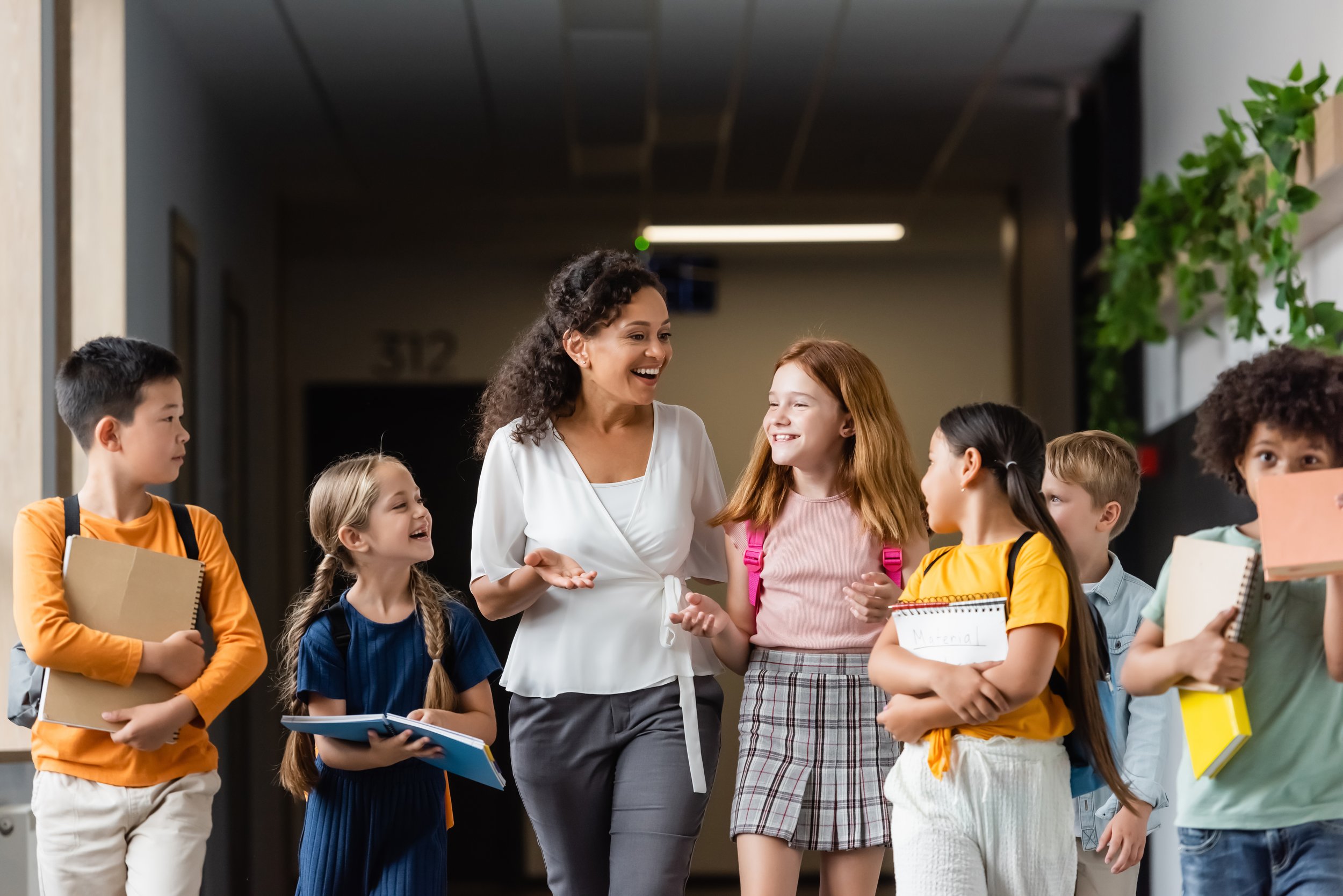Welcome to Our Connected Communicator Blog

Lead with Care
A foundation of care is critical when engaging in any conversation. This is especially true when we are providing corrective coaching to an educator we support. Before someone can be open to hear what we have to share, they have to know we care about them both personally and professionally. By showing care, we are building a community people want to be a part of. So, how do we do this? When establishing a culture of care, there are three primary strategies that can help: Care Out Loud, engage in frequent small talk, and maintain routines that cultivate connection.

A ‘Thank You’ from CTC
First, thank you for saying yes to this most noble of professions. In a world full of choices, you chose to dedicate your time, talent, and heart to the service of students. You did this because you love kids. Thank you for making this love felt though both what you say and what you do.

Common Student Moves
Do you ever feel like your students have a secret playbook they go to when confronted about their unexpected behavior? In our combined 40 years plus of talking with kids, we have found that although these common student moves are not written down, they frequently show up when we’re helping a student through an unexpected choice. Here are two of the most common and a few tips on how to respond.

Your Body is Talking
The messages we send with our body language speaks volumes. In fact, 55% of what we communicate is through our body language -that is over half! Another 38% is through tone and volume, and the final 7% is through the words we choose. Of course, the words we choose are critical, and we cannot communicate well unless we pay attention to the messages we are sending with our body.

Spring into Calm: How to Avoid Power Struggles with Students this Season
Educators know, spring time is prime time for challenging behaviors. Anyone who talks with kids has found themselves presented with the opportunity for a power struggle, and we know that as soon as we have engaged, we have lost. We think of power struggles as a game of tug-of-war that the child tries to bring us into. As adults, our job is to not pick up the rope! Of course, this is easy to say, and more challenging to do. We have a few tried and true tips to help you avoid power-struggles in the first place.

Caring Enough to Have the Hard Conversation
There are very few of us that look forward to engaging in a difficult conversation. Maybe you need to share some critical feedback with a teacher after an observation. Perhaps you have to address some unprofessional behavior from one of the educators you support. There might be a colleague that needs to hear a hard truth. None of these conversations sound fun! You might be quite tempted to ignore it and just hope that it resolves itself! We wouldn’t blame you for considering that, but in our experience, these situations rarely sort themselves out on their own. By avoiding the conversation you are doing a huge disservice to the person who needed the feedback, and the students they support. So, if you care about the other educators you work with (and we know you do!) care enough to step into that difficult conversation.

The Connected Relationship for Learning Formula: Dignity
We all know strong relationships are critical, and yet there are precious few resources on how to actually build these relationships. In our book, Connecting Through Conversation, A Playbook for Talking with Students, we share that in order to build what we call Connected Relationships for Learning, there are three components that must be firmly in place. You must listen well, treat all with dignity, and have a foundation of trust. We refer to this as the Connected Relationships for Learning Formula. Here, we are going to dive a little deeper into the critical component of Dignity.
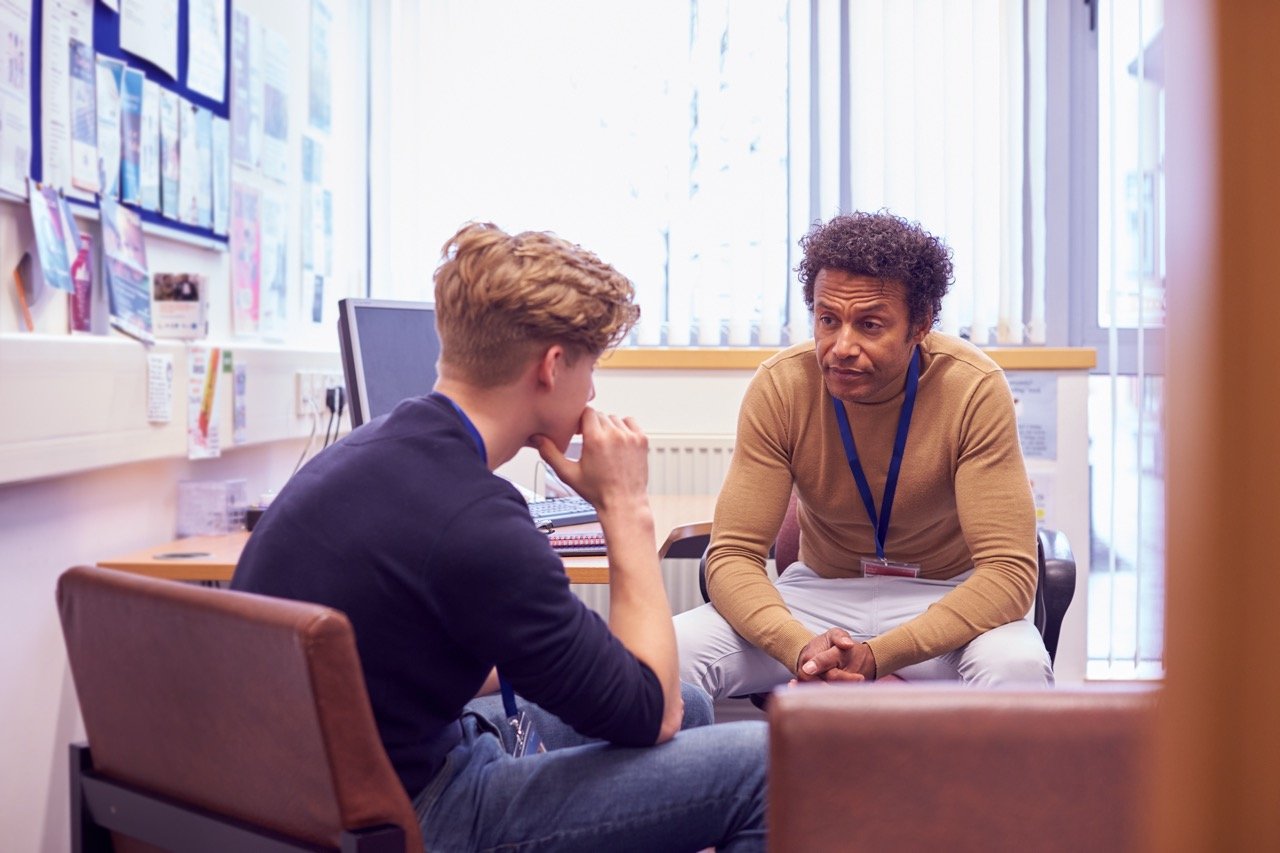
When We Truly Listen, Kids Speak Their Truth
We all know the critical nature of strong relationships, and yet there are precious few resources for how to actually build these relationships. In our book, Connecting Through Conversation, A Playbook for Talking with Students, we share that in order to build what we call Connected Relationships for Learning, there are three components that must be firmly in place. You must listen well, treat all with dignity, and have a foundation of trust. We refer to this as the Connected Relationships for Learning Formula. Here, we are going to dive a little deeper into the critical component of listening.
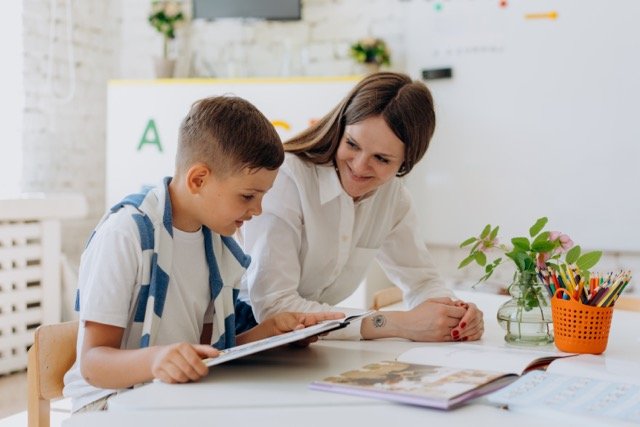
Learning is Risky
We all know the critical nature of strong relationships, and yet there are precious few resources for how to actually build these relationships. In our book, Connecting Through Conversation, A Playbook for Talking with Students, we share that in order to build what we call Connected Relationships for Learning, there are three components that must be firmly in place. You must listen well, treat all with dignity, and have a foundation of trust. We refer to this as the Connected Relationships for Learning Formula. Here, we are going to dive a little deeper into the critical component of trust.

You Are Who You Eat Lunch With
You are who you eat lunch with. Emotions are contagious. There is an actual science behind this contagion of emotions. When we catch someone else’s emotions, we can thank our mirror neurons, (or our empathy neurons, as we like to call them). Educators tend to have an abundance of these neurons at our disposal -we are especially empathetic people! We talk about how this impacts our work with kids in our book, Connecting Through Conversation: A Playbook for Talking with Students. Turns out, it is just as important to be aware of our mirror neurons when we think about the educators we work with!

A Student's Behavior is What They Did, Not Who They Are
When a student has not yet learned to read or solve a math equation, educators don’t get angry or take it personally. The same thing needs to be true for behavior.
Students are going to make mistakes. Educators must remember that mistakes don’t define a person. When we help students understand this, they are much more willing to make changes and become a better version of themselves.
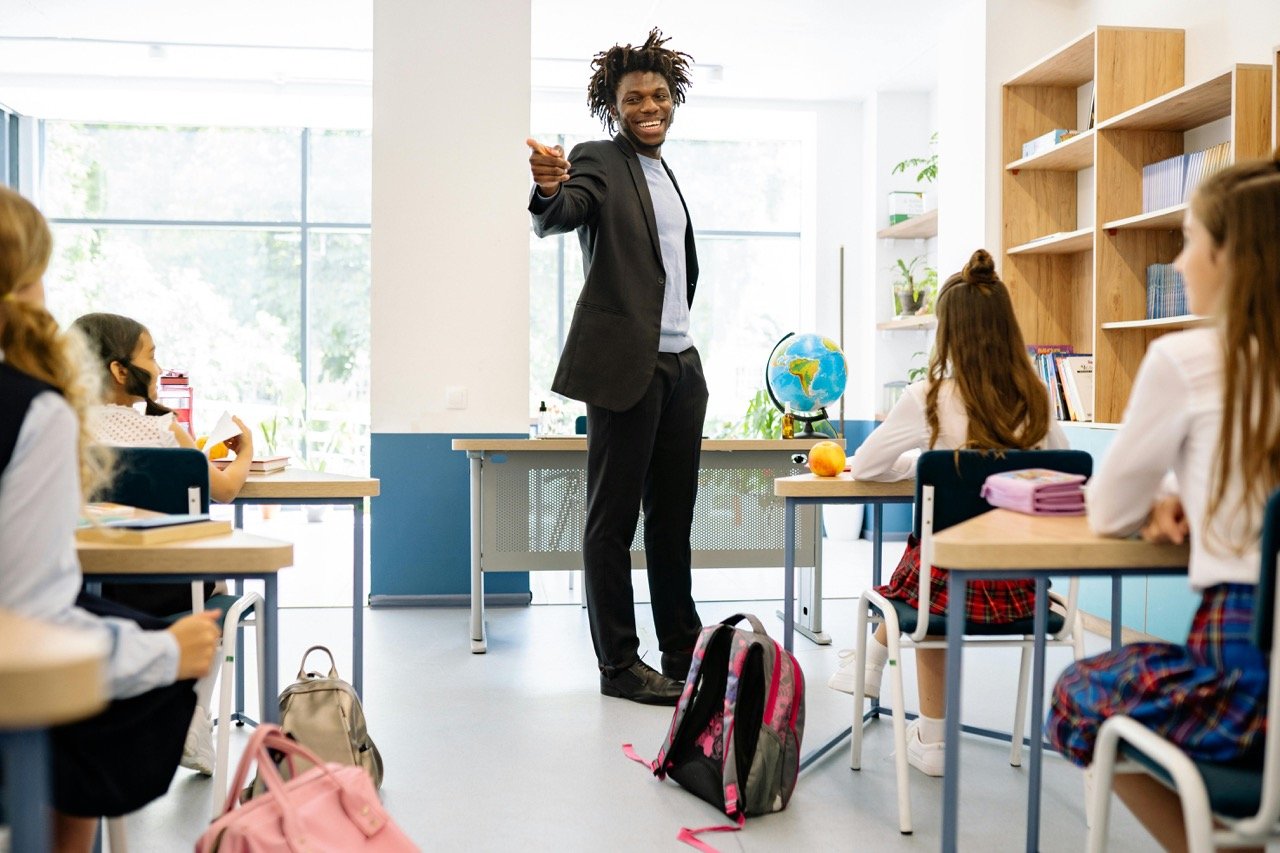
Care Out Loud and Build a Culture of Connection
You love kids. We know this because you are reading this. Plus, this work is too hard to do for any other reason - after all you didn’t go into it for the money! If this is not ringing true for you, we invite you to consider a different profession. For real.
If you are still reading this, we are going to assume you love kids. You know that. We know that. Your colleagues know that. You know who probably doesn’t know that? Your students.

Summer You - The Best You!
Summer is an excellent time for reflection and rejuvenation. And we all know how much educators need this! As helpful as it is to recharge during this time, the effects of summer can only carry us so far into the very busy school year.
We like to think that in education we get two opportunities for a reset - New Years Day and the start of a new school year. We encourage you to use this time to both reflect on the habits you hope to maintain during the school year, and think how you can incorporate what you are doing for yourself and your family now, during these lazy days of summer. This, of course, is easy to say and hard to do!

A June of Gratitude
Our educational community is vast. It includes folks from all walks of life, various political affiliations, diverse backgrounds and lived experiences. What connects each of us is that we all genuinely care about kids. No matter where we are in the world, when we come together to create a culture of connection, our ripple effect is profound. It brings our vast community together.
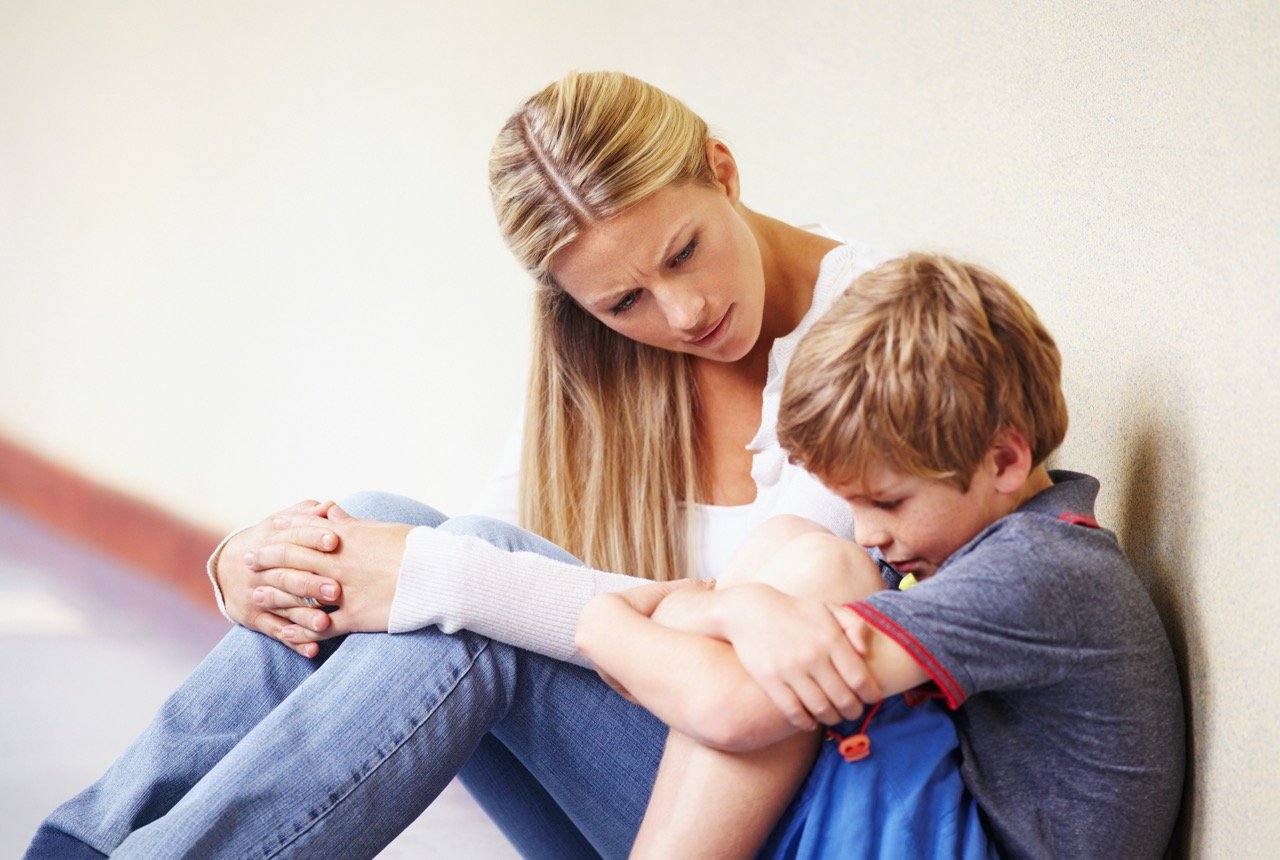
Avoiding Power Struggles
Are you navigating springtime behaviors with students? We know we are! Check out our first blog for some helpful tips to help avoid the power struggle trap.
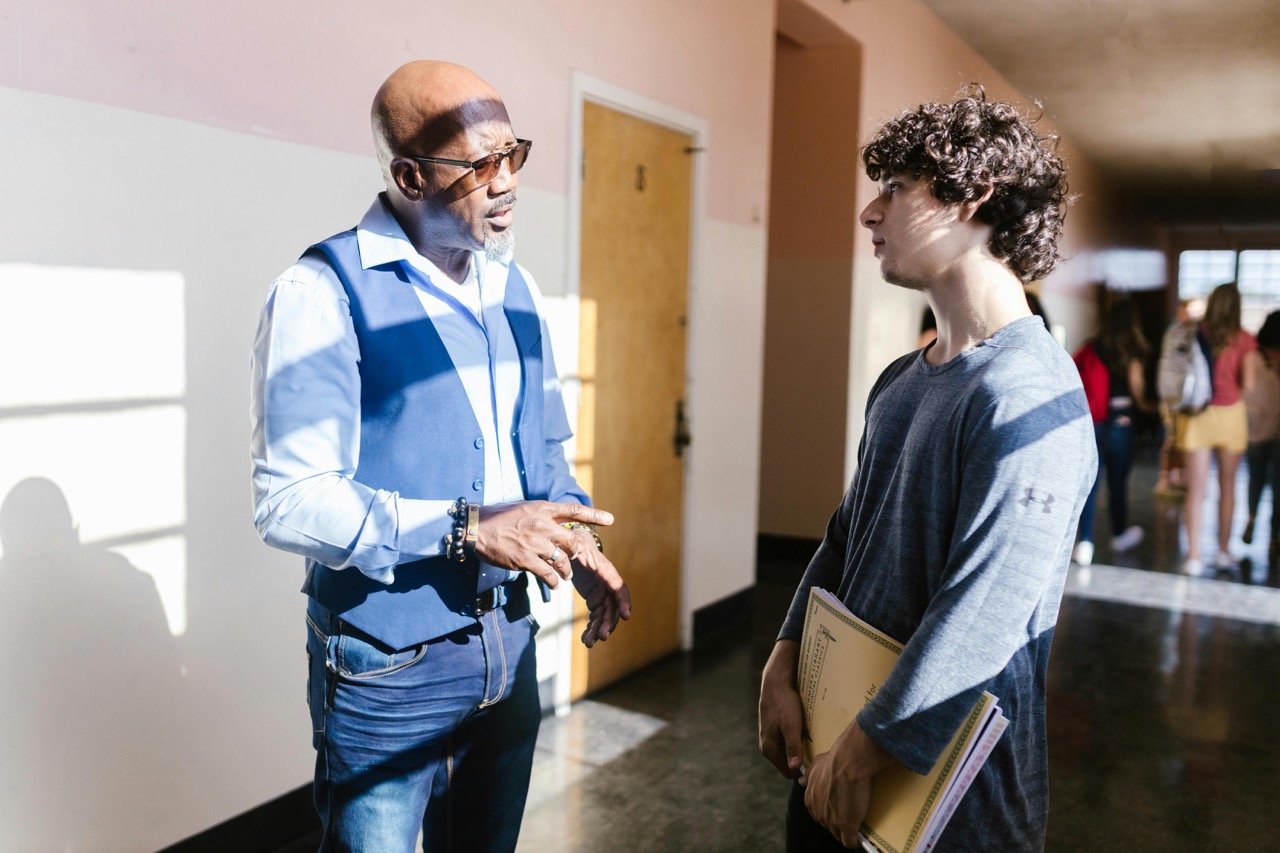
The Magic Formula: Acknowledge, Validate, Coach
Ever felt frustrated and just needed to vent, only to be bombarded with advice? Did it leave you feeling even more irritated? Check out a better way to connect through conversation using Acknowledge, Validate, coach. It works for preschoolers, high schoolers, colleagues, and even your most challenging family members!

To Look or Not to Look
Eye contact is controversial. We get it. This means, we must examine our purpose when asking students to use it. Connected Communicators allow students to focus on someone’s words instead of their face. When a student is avoiding eye contact we remind ourselves that there are times when a student can look at us or listen to us, but not both.

Connected Communicator Behavior Planning Guide
Connected Communicators know that all behaviors communicate a need or a feeling. Some students seem to communicate through unexpected behaviors a lot. If you are struggling to support an "over communicator," it may be helpful to take a step back and make a plan. We promise- taking a few minutes to be intentional with your response will make all the difference.
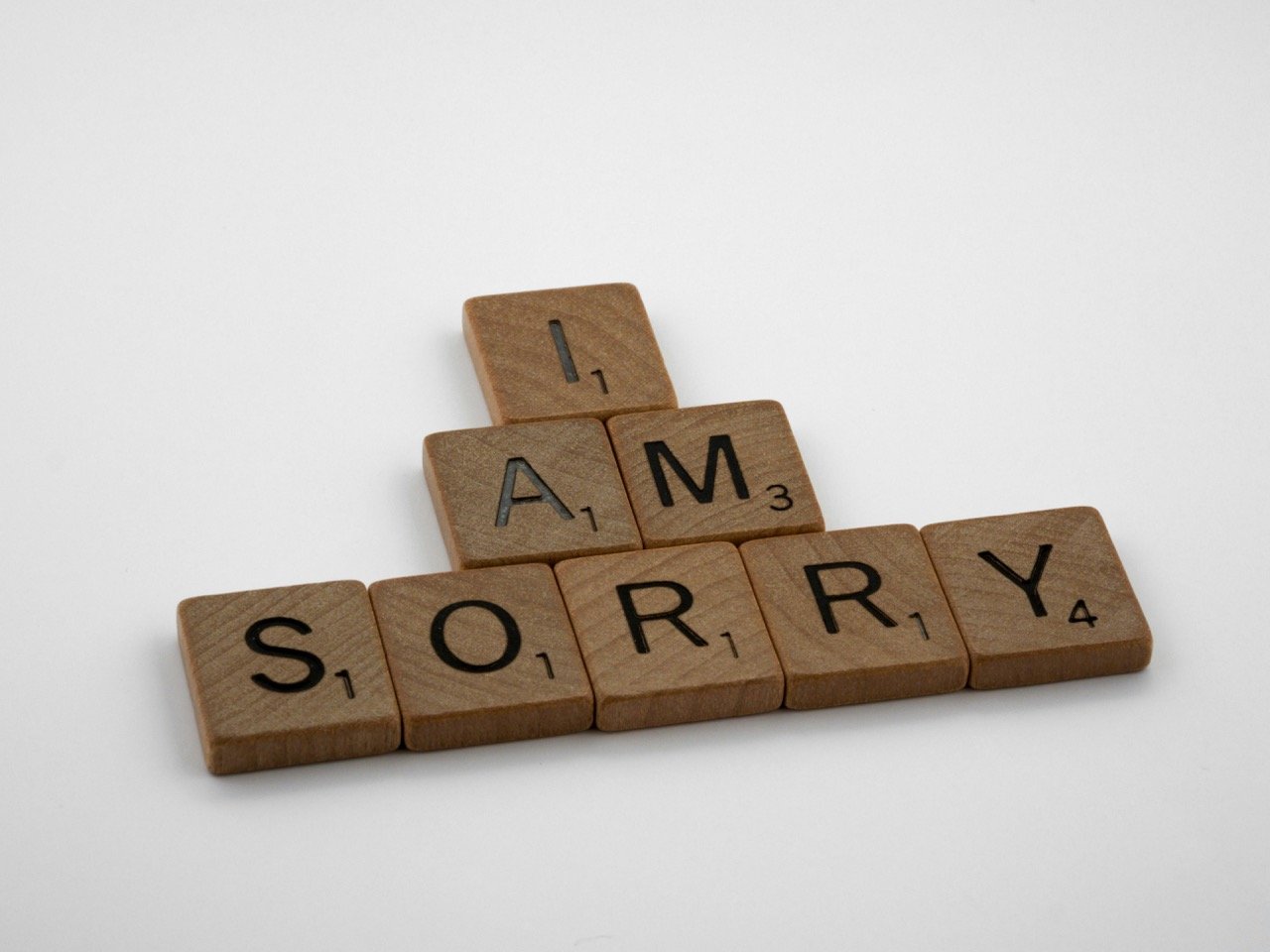
Another Stinking Learning Opportunity
Apologizing is hard work, and frankly no fun. Knowing we are going to mess up, we have to ensure our missteps don’t cause long-term harm to our relationships. The only way to do this when a mistake is ours is to apologize and mean it. No matter your resolutions, give yourself some grace. Humans make mistakes. Congratulations on being human.

Connecting With Caregivers
When students are struggling at school with unexpected behaviors, it is critical we partner with their caregivers. Connected Communicators know how important this is, and yet, we also know how tricky this can be. This is especially true when the caregiver is likely to become heightened about their child’s unexpected behaviors.
Become a Connected Communicator Now
As a member, you gain access to a wealth of resources and exclusive content tailored to your interests.
Your solution to effective ways to transform student behavior! We’re excited to offer a new and exclusive online course designed to help educators manage and navigate student behavior with confidence. Learn immediately applicable and practical strategies to de-escalate situations, avoid power struggles, improve communication, strengthen relationships and build a culture of connection in your school communities.
Subscribe to get access and
Become a Connected Communicator Now
Interviews, Podcasts, and Articles
IN THE MEDIA
-

Avoiding Power Struggles
THRIVING EDUCATOR
We loved connecting with Charle Peck on the Thriving Educator Podcast. We had a great time talking about how to support students, build relationships, avoid power struggles, and respond to behavior that gets us the results we want.
3 Ingredients to avoid power struggles:
Listen
Treat with dignity
Build trustCharle Peck is the co-creator of Thriving School Community, a revolutionary program designed for schools to improve mental health. With over 20 years of education and mental health leadership experience, she has the unique lens of both a certified teacher and a licensed clinical therapist specializing in trauma. Charle holds an MS in Education and an MS in Social Work. Her role as a high school teacher coupled with her work with children and families in crisis gives her incredible insight into solving youth mental health problems stemming from our schools. She is the co-author of Improving School Mental Health: The Thriving School Community Solution and a global keynote speaker delivering powerful messages of hope to educators.
-

Beyond lectures: Ashland educators refresh their support of student-teacher conversations
JPR: JEFFERSON EXCHANGE
Geoffrey Riley asks us questions about teacher burn out, and how Connected Communication can make all the difference.
“Maybe once upon a time, education was a one-way street: the teacher talked, the student listened-except when directed to talk. It is not like that anymore, or shouldn't be, say Ashland educators Tiffany Burns and Erika Bare.
Effective education comes not from giving lectures and barking directions, but from engaging students in conversations. They even wrote a book about it: Connecting Through Conversation: A Playbook for Talking with Students.
We invited Burns and Bare back to the JX to pick up the conversation about conversation, and how well the strategy works in a time of slow rebound from the COVID restrictions.” -

Principal Matters
WILLIAMDPARKER.COM
We were so inspired in our conversation with Will Parker on Principal Matters.
“Erika and Tiffany share insights into their backgrounds, passions, and some surprising facts about their journeys in education. Tiffany shares the story of how their paths crossed and their collaborative journey in the realm of education.
Both authors discuss the practicality of their book, emphasizing the belief that ‘Behavior is Communication’ and introducing the EATS framework: Escape, Attain Connection, Tangible Connection, and Sensory.
Toward the end of the show, the authors are asked to role-play conflict resolution. The model a strategy for de-escalating heightened emotions with Erika acting as the teacher and Tiffany as the student, followed by a detailed explanation of the technique.” ~PMP369: Connecting Through Conversation with Erika Bare and Tiffany Burns -

Unlocking Unlimited Potential
DR. BRANDON BECK
Unlocking unlimited potential is a big part of our educational why. That made our conversation with Dr. Brandon Beck all the more meaningful. Listen for some new insights into the critical nature of having connected conversations.
“In Episode 89 of the Unlocking Unlimited Potential STORIES Show, Brandon Beck and special guests, Erika Bare and Tiffany Burns (@CTCPlaybook) discuss how to use conversations to build connections with students. This is an amazing conversation about conversations! They provide tips, tricks, insight, discuss restorative justice, and most importantly, how to care "out loud." ~E89
-

Erika talks to Sarah Johnson on the In Awe podcast
#inAWEPodcast
Erika’s conversation with Sarah Johnson is so full. We find out things Erika’s mom didn’t even know about her!
“Welcome to the In AWE Podcast where we amplify women by sharing their unique stories and empower a community through the mission in their message. Series formats highlight incredible women who leave us in awe of their impact on our world. The podcast is a feature developed by Sarah Johnson, former English teacher and school principal turned author and entrepreneur.” ~Episode 142: In AWE of Erika Bare
-

Interview with Literary Ashland
LITERARYASHLAND.ORG
We so appreciate this conversation with Edwin Battistella that was published on Literary Ashland! Learn more about how this book came to be, as well as what it means to be a Connected Communicator.
“I really enjoyed Connecting Through Conversation: A Playbook for Talking with Students, which caused me to think about some of my own teaching practices with college students and also gave me a new appreciation for all educators.” ~ Ed Battistella
-

Between the Lines with Jimmy Casas
J CASAS AND ASSOCIATES
Jimmy Casas interviews Erika and Tiffany in a fast-paced and super fun conversation.
“Join Jimmy Casas as he talks with Erika Bare and Tiffany Burns about the book, Connecting Through Conversation. Learn more about preparing for connected conversations, contagious emotions, and avoiding power struggles.”
-

Ashland educators team up for a book for teachers on connecting with students
JPR: THE JEFFERSON EXCHANGE
What a wonderful conversation on Jefferson Public Radio! We did the interview from Florida where we were presenting at the National School Safety Conference.
“Teachers have to talk to a lot of students at one time. But there's great value in those moments when a teacher spends time one-on-one with a student. Those encounters should be encouraged, say educators Tiffany Burns and Erika Bare, both of whom work in the Ashland School District.
They collaborated on a book about quality chats between teacher and student, called Connecting Through Conversation: A Playbook for Talking with Students.
Learning is only part of it; there's plenty in the book about avoiding power struggles and taking student traumas into account. The authors join us for an extended conversation about what they provide in the book, and how they learned it themselves.” -

Better Leaders Better Schools Podcast
WITH DANNY BAUER
Show Highlights:
Guide your children out of the tree with a heart centered approach to transform student impulsiveness post pandemic.
The micro-PD to create a systematic way to create a culture of connection.
Dig into equity and trauma-based practices to close the gap in lack of resources.
Three components to stop talking about why relationships are important, and show what makes a strong connected relationship.
Techniques to avoid power struggles and close the loop because emotions are contagious.
The book every teacher needs to construct day-to-day interactions and conversations to build a culture of connection in our schools.
Tools needed in our schools that go against instinct.
-

OACOA Achievement of Excellence Awarded to Erika Bare
COSA’S MULTILINGUAL AND ENGLISH LEARNER CONFERENCE
The Oregon Association of Central Office Administrators (OACOA) Executive Committee and the Coalition of Oregon School Administrators (COSA) are proud to announce the recipient of the OACOA annual Achievement of Excellence award is Erika Bare, Assistant Superintendent of Ashland School District.
Bare was presented with the award at COSA’s Multilingual and English Learner Conference in Eugene. OACOA, an organization under the COSA umbrella, awards its Achievement of Excellence recipient annually based on a demonstration of dedication, service to schools, students, community, and leadership that goes above and beyond.
Professional Collaboration Services
Let’s Work Together
-
IN PERSON, REMOTE, OR HYBRID
Personalized coaching and consulting will help leaders build staff capacity and gain the tools needed to navigate challenging behaviors with students, staff, and caregivers with increased confidence and effectiveness.
-
NATIONAL AVAILABILITY
With a fast-paced and humorous approach, speaking engagements are designed and tailored for every educator - and everyone who talks with students is an educator.
-
NATIONAL AVAILABILITY
Support your team in learning how to transform student behavior through engaging content, model demonstrations, and back-pocket strategies.



